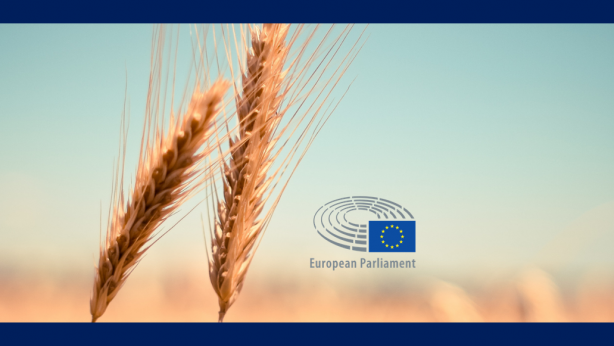Land use and climate change impacts on global soil erosion by water
Soil erosion is a major global soil degradation threat to land, freshwater, and oceans. Wind and water are the major drivers, with water erosion over land being the focus of this work, excluding gullying and river bank erosion.
Improving knowledge of the probable future rates of soil erosion, accelerated by human activity, is important both for policy makers engaged in land use decision-making and for earth-system modelers seeking to reduce uncertainty on global predictions.
The paper “Land use and climate change impacts on global soil erosion by water (2015-2070)” depicts future rates of erosion by modeling change in potential global soil erosion by water using three alternative Shared Socioeconomic Pathway and Representative Concentration Pathway (SSP-RCP) scenarios.



